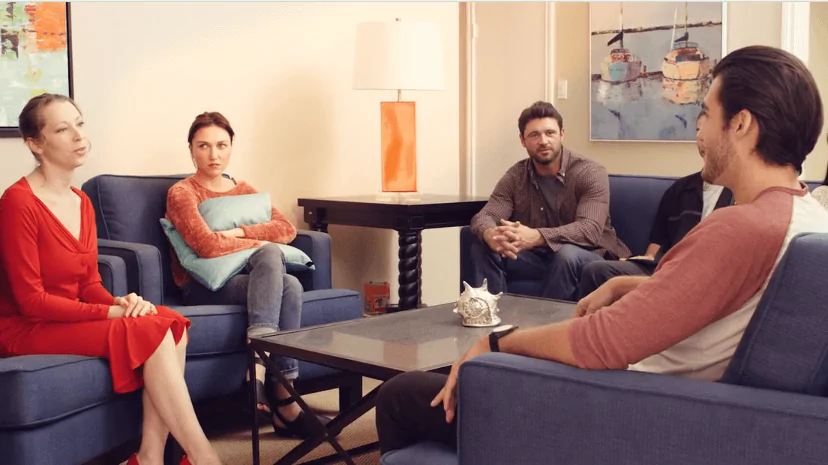24/7 Helpline:
(866) 899-221924/7 Helpline:
(866) 899-2219
Learn more about Residential Rehab centers in Barbour County

Other Insurance Options

AllWell

Anthem

Humana

Sliding scale payment assistance

United Health Care

Oxford

Absolute Total Care

Excellus
Beacon

EmblemHealth

UMR

ComPsych

Optum

Health Partners

GEHA

Choice Care Network

Lucent

Self-pay options

Premera

Access to Recovery (ATR) Voucher

Appalachian Community Health Center
Appalachian Community Health Center is a private rehab located in Belington, West Virginia. Appalach...




















































































































